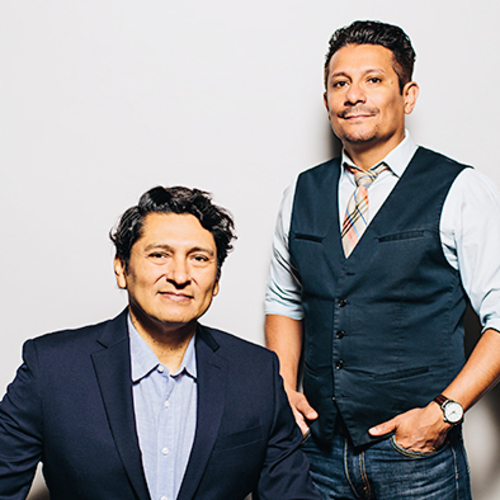Javier Feliciano joined homebuilding Meritage Homes as chief human resources officer in 2015 after holding positions with Ford, PepsiCo, and the Apollo Education group. He has played a key role in Meritage’s culture refresh, recreating the company’s core values. Hispanic Executive spoke with him about how HR execs can lead in defining and changing a company’s culture.
What role do you think HR executives can play in renewing and changing a company’s culture? What are some of the ways they can accomplish this?
I think it’s an area in which HR leaders must be front and center. Any type of change efforts that include broad impact need to start with alignment among the key leaders of the organization. Employees are looking to their leaders to help them understand the “why” behind the change, and my role is to drive that effort alongside their leaders. There’s also the strategic aspect of effectively leading change. HR leaders have to develop and frame the intent and the plan for implementing and sustaining change for the organization. It’s not something you can impose; nor should it be.

How does a company maintain a coherent culture?
Some companies lead with culture. If you lead with culture, you need to make sure your employees understand it and buy in. You need to hire employees that fit the culture and will continue to enhance and enable what you’re doing. Building and maintaining effective cultures is not easy work. It requires focus, discipline, intent and commitment.
What do you think are the signs that a company needs a culture overhaul?
I think this becomes evident when you can feel as though you’ve lost your way and the values that should exist aren’t being live each and every day. This is the trigger point that it’s time for a change. Real values can have a differentiating impact if they guide how and what decisions you make. They are the core of who you are and the promises you make as an organization, both internally and externally.
How do you go about making that happen?
It begins with the senior leadership team. Once you have their commitment, you would next engage a group or groups of employees that can help you define your values. To be effective, you have to make a commitment as leaders to recognize and reward employees who exemplify the values. If done correctly, these values become woven into your systems, processes, and policies and help to form your culture.
What challenges might an HR exec face when trying to change their company’s culture?
Usually the biggest challenge is the actual fear of change. I believe it’s important to embrace the aspects of what has really resonated for an employee or company in its previous culture and blend it into what you aspire to become. Often, you do have to let go of some things that didn’t work or don’t really fit your vision of the future.
Why is culture important?
It creates differentiation of who you are as an employer and what your value proposition is to your employees, customers and shareholders. If you can be clear and transparent about who you are and what you want to be, employees can grab hold on how best to align and engage. Having that sense of purpose and meaning is very powerful.
